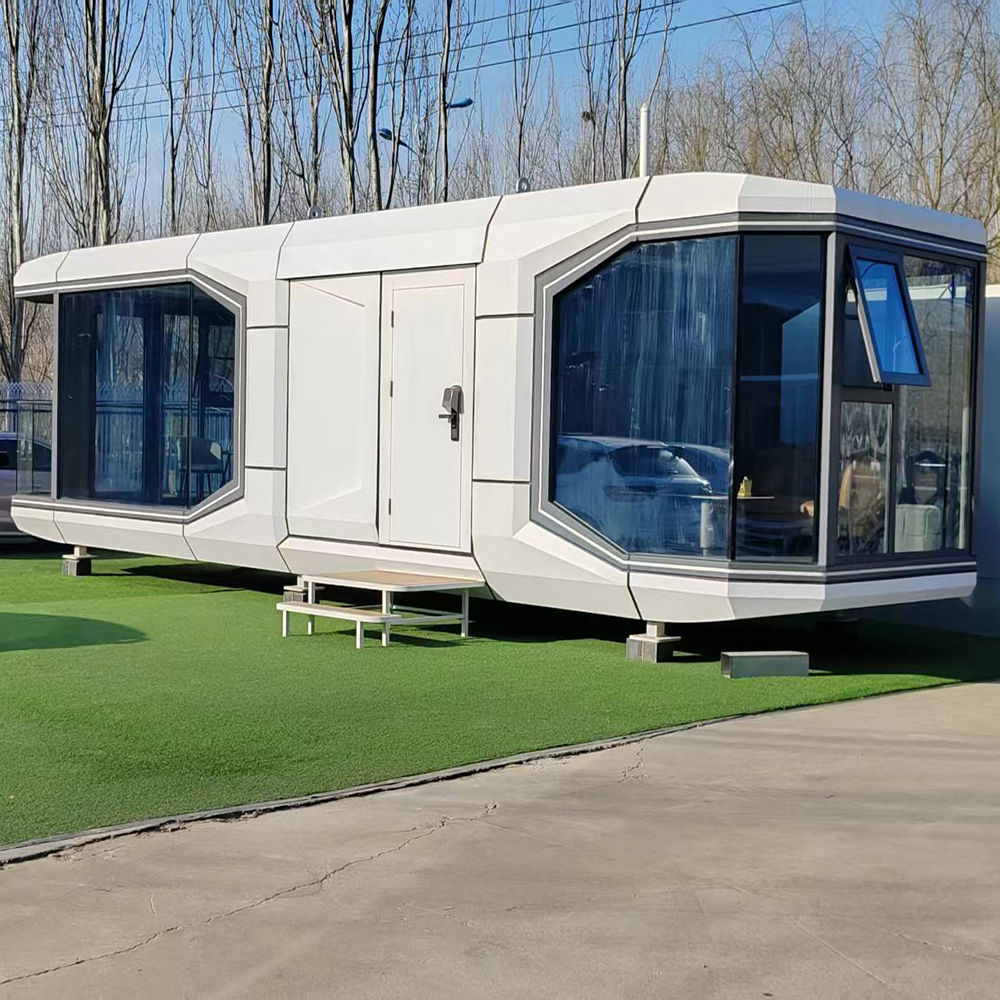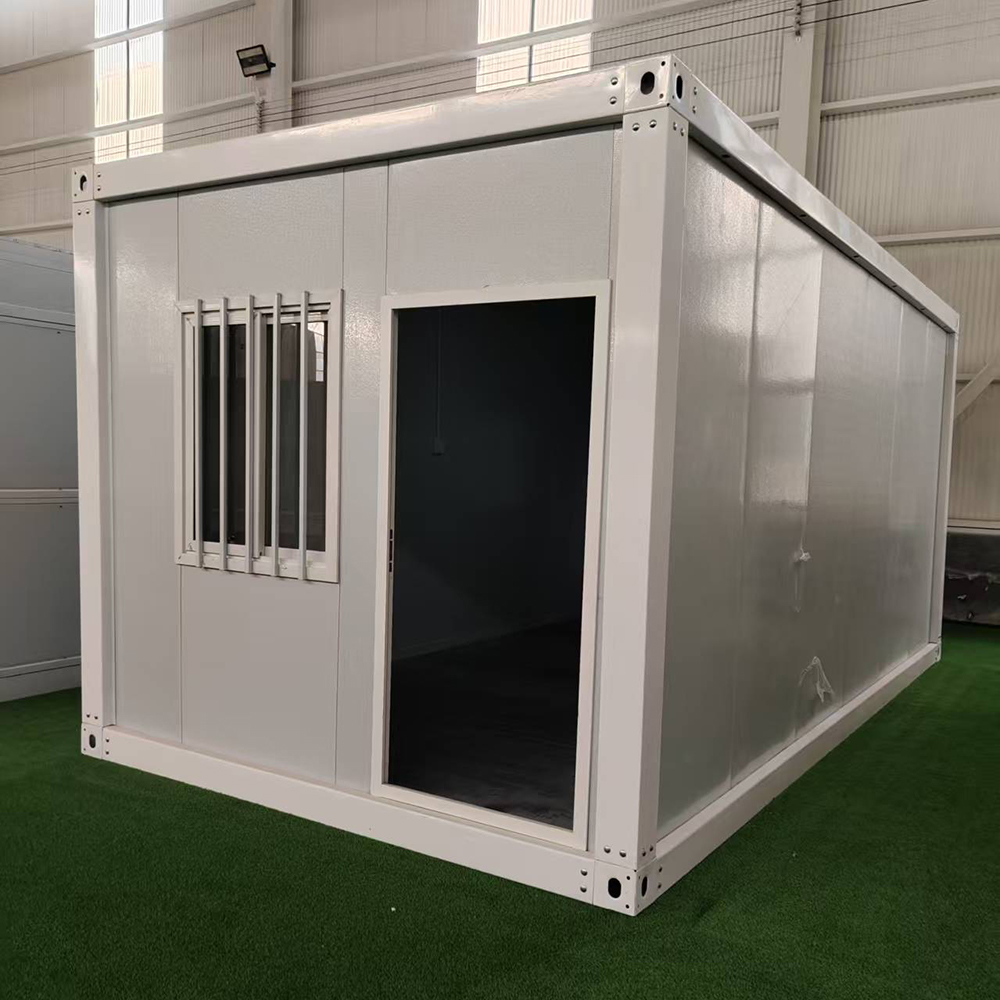-
E-mail
Austin120521@outlook.com -
E-mail
sales@jujiuhouse.com -
Telephone
+86-17864099991 -
Telephone
+86-17854044442
- Chinese
- French
- German
- Portuguese
- Spanish
- Russian
- Japanese
- Korean
- Arabic
- Irish
- Greek
- Turkish
- Italian
- Danish
- Romanian
- Indonesian
- Czech
- Afrikaans
- Swedish
- Polish
- Basque
- Catalan
- Esperanto
- Hindi
- Lao
- Albanian
- Amharic
- Armenian
- Azerbaijani
- Belarusian
- Bengali
- Bosnian
- Bulgarian
- Cebuano
- Chichewa
- Corsican
- Croatian
- Dutch
- Estonian
- Filipino
- Finnish
- Frisian
- Galician
- Georgian
- Gujarati
- Haitian
- Hausa
- Hawaiian
- Hebrew
- Hmong
- Hungarian
- Icelandic
- Igbo
- Javanese
- Kannada
- Kazakh
- Khmer
- Kurdish
- Kyrgyz
- Latin
- Latvian
- Lithuanian
- Luxembou..
- Macedonian
- Malagasy
- Malay
- Malayalam
- Maltese
- Maori
- Marathi
- Mongolian
- Burmese
- Nepali
- Norwegian
- Pashto
- Persian
- Punjabi
- Serbian
- Sesotho
- Sinhala
- Slovak
- Slovenian
- Somali
- Samoan
- Scots Gaelic
- Shona
- Sindhi
- Sundanese
- Swahili
- Tajik
- Tamil
- Telugu
- Thai
- Ukrainian
- Urdu
- Uzbek
- Vietnamese
- Welsh
- Xhosa
- Yiddish
- Yoruba
- Zulu
- Kinyarwanda
- Tatar
- Oriya
- Turkmen
- Uyghur

China prefabricated house folding container
html
The Rise of Prefabricated Folding Containers in China
When you think about modern residential solutions in China, the notion of the China prefabricated house folding container often emerges. While these structures are getting traction for their versatility and efficiency, misconceptions abound. Let's delve into the undercurrents of this market and explore how companies like Shandong Jujiu Integrated Housing Co., Ltd. are paving the way.
Understanding the Basics
First off, it's crucial to differentiate between various types of prefabricated structures. A folding container isn't just a box; it's an adaptive living space. Often mistaken for traditional container homes, these folding models offer the flexibility of portability and rapid setup, a vital aspect in China's fast-paced urban expansion.
I've noticed firsthand how these structures seamlessly integrate with the environment, providing functional spaces without the prolonged construction time. One common pitfall is assuming they're exclusively used in residential contexts, but that's not the case. These containers serve as offices, retail spaces, and even emergency shelters with equal efficiency.
Companies like Shandong Jujiu Integrated Housing Co. are adept at pushing the envelope. Leveraging cutting-edge R&D, they produce containers that not only meet local market needs but also uphold global standards. Their approach reflects a fusion of practicality with aesthetic appeal, an aspect sometimes overlooked in prefabricated housing discussions.
Challenges and Innovations
Despite their benefits, prefabricated containers face obstacles. Discussions with industry insiders reveal frequent challenges with local regulations. Different cities can have varying standards and approval processes, which can cause delays. But overcoming these hurdles often leads to innovation.
Take for instance the approach Shandong Jujiu uses in design optimization. By integrating steel structure engineering principles into their prefabricated solutions, they offer robustness without compromising on ease of assembly. It's a delicate balance, ensuring both strength and transportability.
An interesting anecdote from my fieldwork involved a client project requiring rapid deployment during monsoon season. Using foldable containers, we slashed traditional construction timelines. The success of such endeavors bolsters the role of foldable containers in disaster response—an area meriting more attention in China's prefabricated house discussions.
Market Dynamics and Client Needs
The customer prerequisites for these containers often dictate the approach. A recurring observation is the increased demand for customization. Clients aren't just seeking temporary solutions—they want personalized, enduring spaces. This trend aligns with Shandong Jujiu's service offerings as they incorporate bespoke design elements.
Interestingly, the economic aspect can't be ignored. Pricing strategies play a decisive role in customer decision-making. With companies like Shandong Jujiu, the focus isn't merely on affordability but also on the long-term value proposition—optimal design paired with sustainability.
But what stands out is the seamless sales process, an integration of online interfaces with tactile client service. The real test for any company is how they bridge the gap between initial inquiry and final installation. In this regard, Shandong Jujiu's holistic approach marks a significant stride.
Real-World Implementations
Being on-site during the installation process of a folding container is enlightening. Watching a team from Shandong Jujiu execute a project solidifies the potential of these structures. The precision in assembly and the transformation from components to a complete living unit is nothing short of architectural elegance.
Additionally, the energy efficiency of these units can't be overstated. Given the climate-conscious direction the construction industry is heading, the materials and techniques employed can significantly reduce a building's carbon footprint. This aligns well with national initiatives focused on sustainability.
Furthermore, the ease of integration with existing structures makes these units popular among renovators and developers looking to expand without major disruptions. It's an aspect that even industry veterans admit is a game-changer, especially in dense urban settings.
The Future of Prefabricated Housing
Looking ahead, it's clear the potential for China's prefabricated house market is vast. Continuous innovation, particularly in materials science and modular engineering, will likely drive future developments. Companies like Shandong Jujiu are at the forefront, shaping the future of sustainable, efficient housing solutions.
This journey isn't without its trials, though. As we negotiate the nuances between innovation and regulation, the success of prefabricated folding containers rests on adaptability and foresight. The question isn't will these work? but rather how can we make them work even better?
In sum, the industry is ripe for growth, and as more stakeholders embrace this transformative approach, we'll likely see the landscape of Chinese housing change dramatically. With leaders like Shandong Jujiu helming the ship, the horizon looks promising indeed.
Related products
Related products
Best selling products
Best selling products-
 Customized Two Wing Folding Expandable Container House
Customized Two Wing Folding Expandable Container House -
 Easy Install Customized Detachable Container Homes Extendable House Prefab 2 Floors Expandable Container House
Easy Install Customized Detachable Container Homes Extendable House Prefab 2 Floors Expandable Container House -
 The foldable container house with side wing design can be quickly set up and is suitable for various environments.
The foldable container house with side wing design can be quickly set up and is suitable for various environments. -
 Reasonable Price 1 Bedroom Modular Container House Folding Container Home for Villa or Apartment Use
Reasonable Price 1 Bedroom Modular Container House Folding Container Home for Villa or Apartment Use -
 Good Quality Modular Homes Prefabricated House Expandable Container House 20FT Mobile Flat Roof House
Good Quality Modular Homes Prefabricated House Expandable Container House 20FT Mobile Flat Roof House -
 Waterproof folding container house – mobile accommodation for campsites/scenic spots
Waterproof folding container house – mobile accommodation for campsites/scenic spots -
 High-quality Double-wing Folding Container House with Doors and Windows, Insulated Walls, Suitable for Various Scenarios.
High-quality Double-wing Folding Container House with Doors and Windows, Insulated Walls, Suitable for Various Scenarios. -
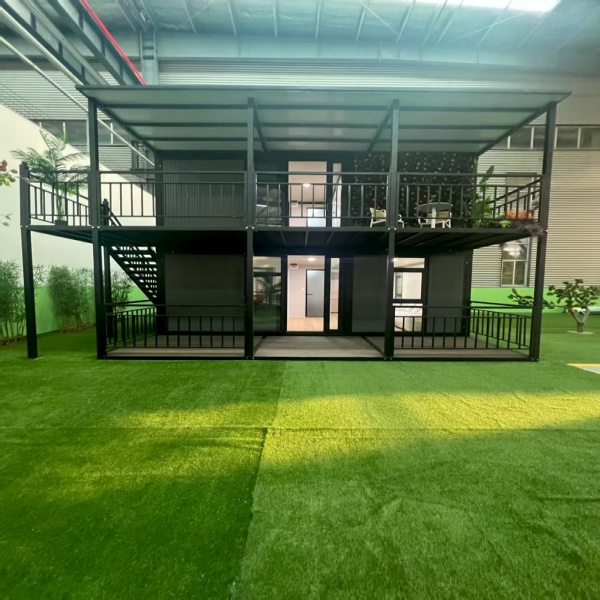 Luxury foldable two-story container houses in luxury resort hotels and villa hotels
Luxury foldable two-story container houses in luxury resort hotels and villa hotels -
 Hot-selling foldable container houses, expandable prefabricated houses, suitable for office or living use, with fast delivery.
Hot-selling foldable container houses, expandable prefabricated houses, suitable for office or living use, with fast delivery. -
 A container house with a terrace and double-wing folding design, suitable for various purposes such as offices, meeting rooms, living rooms, etc.
A container house with a terrace and double-wing folding design, suitable for various purposes such as offices, meeting rooms, living rooms, etc. -
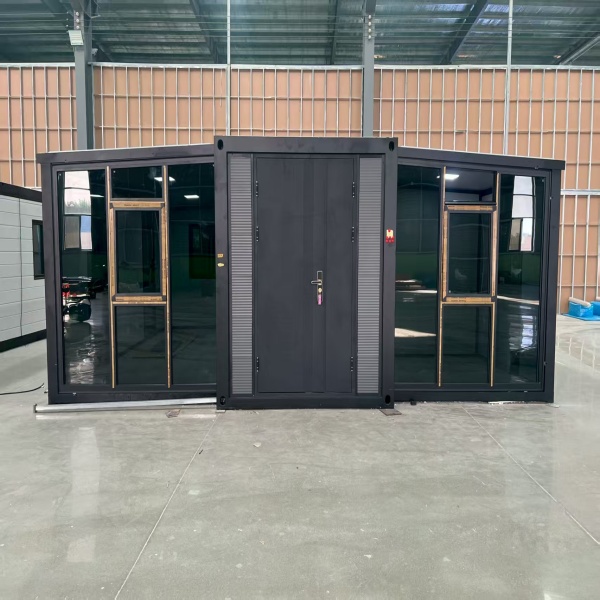 Customizable Office Mobile Home with Flat Roof and Double Wing Expansion Box, Convenient Container
Customizable Office Mobile Home with Flat Roof and Double Wing Expansion Box, Convenient Container -
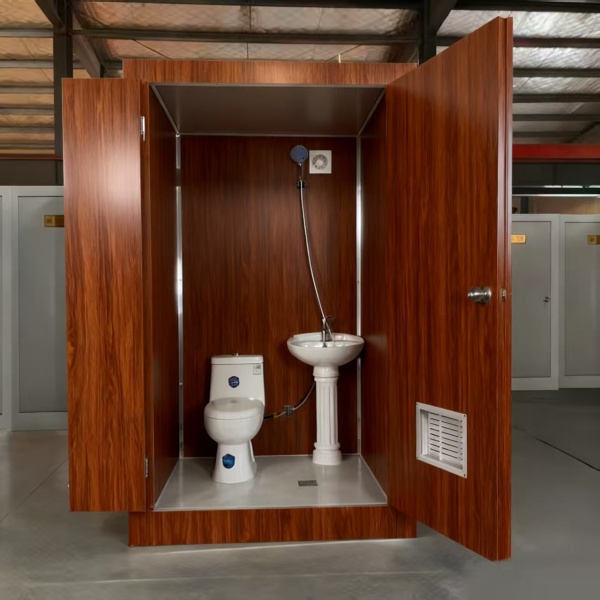 Portable outdoor camping bathroom, mobile toilet, prefabricated modular villa & rental of outdoor and indoor showers
Portable outdoor camping bathroom, mobile toilet, prefabricated modular villa & rental of outdoor and indoor showers
Related search
Related search- modern space capsule
- China small folding house
- low price flat pack container house prefabricated
- home space capsule
- China modular container house prefab tiny home house
- China apple barn cabins
- mobile homes modern 2 bedroom portable prefab container expandable house
- China a frame folding house
- China z type folding container house
- Buy expandable container house luxury









